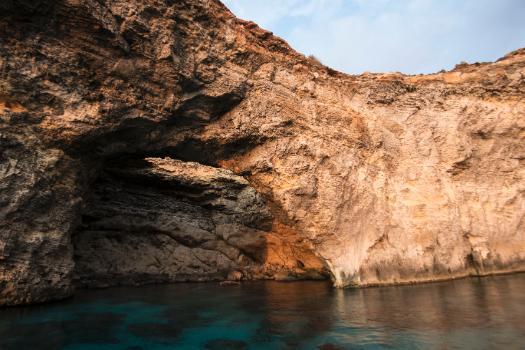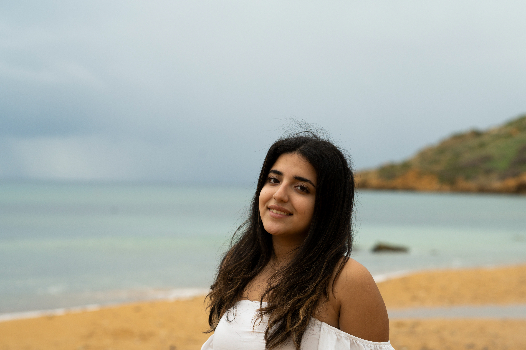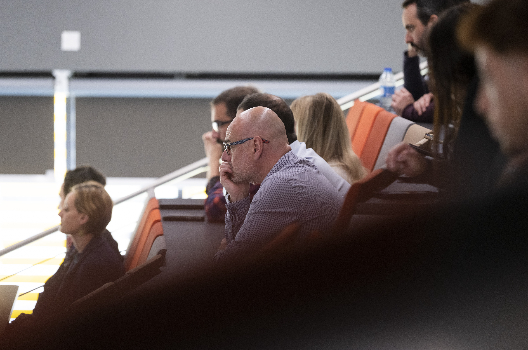About Malta
A speck on the map, but gargantuan in history, culture, and innovation.
Its 316 square kilometres feature everything from megalithic temples, mythic caves, medieval dungeons, baroque churches, rugged terrain, hills and valleys, and a bustling service industry that has experienced growth unlike that in any other European country.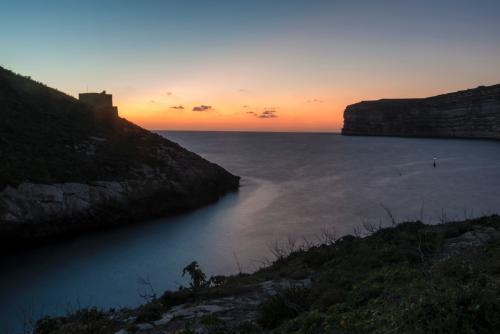
Once a hub for trade sailing through the Mediterranean and a geostrategic base for powerful rulers, today’s Malta is a strongly connected island state that has warmly embraced the latest in technological innovation and is at the forefront of developments in blockchain, artificial intelligence, and gaming.
Mediterranean Malta
The Maltese archipelago is made up of five islands, ranging from small to tiny, with a population of less than half a million. The islands lie in the middle of the Mediterranean with Sicily a mere 93 kilometres to the north and North Africa 288 kilometres to the south.
Malta is the largest island, followed by Gozo which is quieter and more rural. The third island, Comino, is more of a tourist spot – it features a hotel, and a total of three permanent residents. Filfla and Kemmunet are both uninhabited.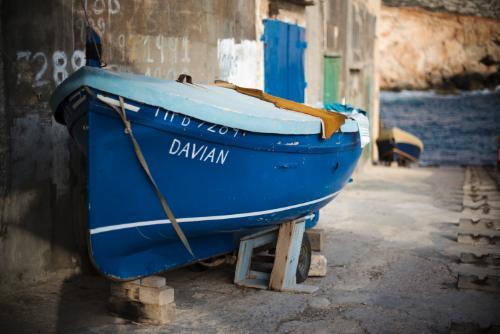
Malta’s history has been deeply influenced by its geographical location. It has had a myriad of rulers and settlers, amongst them the Phoenicians, the Romans, the Carthaginians, the Arabs, the Knights of Saint John, the French, and the British. The islands achieved independence in 1964 and became a Republic in 1974. A strong British legacy is still present, with public administration, education and legislation following a largely British system.
In 2004, Malta became a European Union Member State and in 2008 adopted the euro as its currency.
A cultural melting pot
Its location between two diverse continents, and a history of external influence, transformed Malta into a cultural melting pot, with its own unique language and people.
The Maltese are a wonderful mix. They’re well-known for their British work ethic, Italian culinary skills and an Arab-sounding language that’s evolved with the times. A Byzantine house stands proud next to a British phone box; a Catholic Church neighbours a Muslim resting place. Each and every ruler and visitor left an imprint on a population and a country that’s unique in the world.
Today’s Malta remains a cultural melting pot. A flourishing service industry has brought with it a burgeoning global expat community which is fast making Malta home.
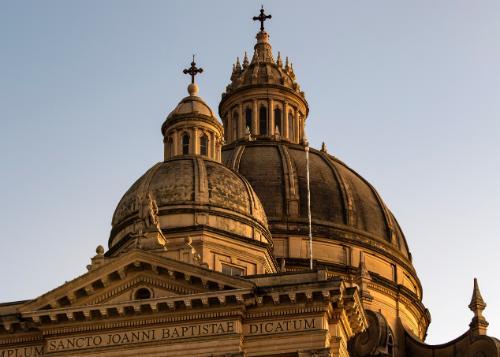 Malta’s language
Malta’s language
Malta has two official languages – Maltese and English. The majority of the population speaks both interchangeably and all official documentation is available in both languages, too.
Maltese is of Semitic origin and the only language of its kind written in Latin script. As time went by, it incorporated words from English, Italian and French. It is a language that surprises and a subject of study for many a linguist.
Thanks to a strong connection to Italy and a flourishing Italian community in Malta, Italian is also widely spoken.
A safe place for study
Safety while studying should not be an added concern. Malta enjoys a low level of crime, allowing you to focus on what really matters. There is a high level of safety while walking alone in daylight, and you can also feel safe walking alone during the night. Both locals and visitors are afforded the same safety levels. Queen Mary Malta works in conjunction with local partners including the Ministry for Gozo, local police, Malta enterprise and community groups, to help improve the security for our students.
Crime rates are comparatively lower when compared to those in other developed countries. The islands rank 44th globally in terms of safety. Detailed safety statistics can be found here. 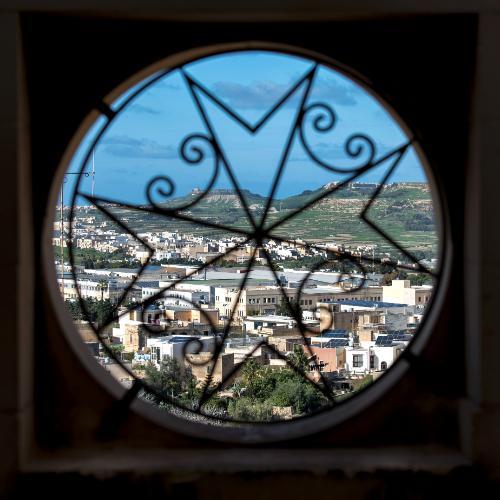
At the forefront of science and technology
Malta is an island with limited natural resources. Despite this, its strong and professional work force provides the necessary clout for the country to be a world player in technological advancements in blockchain, aviation, high-precision engineering, healthcare and artificial intelligence (AI), amongst others.
Recent years have seen Malta transform into a technological hub. The country switched from the mass-production of the last century, to high-end manufacturing with skilled workers offering both innovation and competitiveness.
A place of many encounters
There’s always something bright and cheery going on in Malta. Year-long cultural events are spread all throughout the country, with everything from international entertainment, exhibitions, festivals, and concerts to the huge affairs that are local feasts. From May to September, weekends are characterised by impressive fireworks, with each town trying to outdo another for the biggest and grandest shows.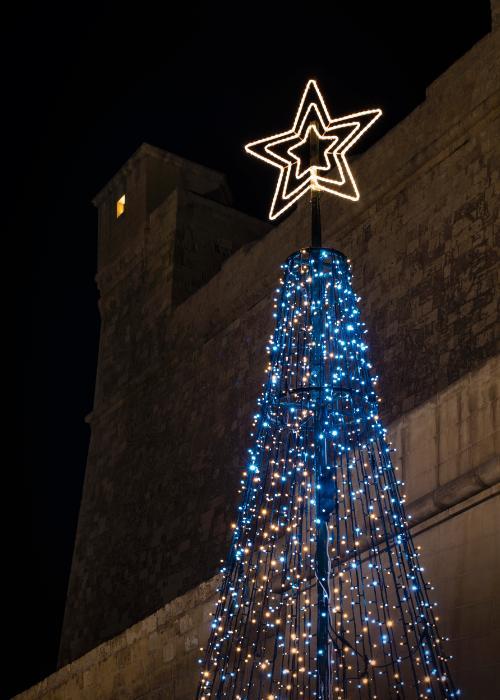
From performances by international stars, classical music concerts, and festivals dedicated to diverse music genres, to theatre in English, opera, and dance, Malta’s event calendar is sure to please everyone.
In Malta? Search upcoming events via this link.
Plenty of things to do
Thanks to countless days of sunshine, options for outdoor activities run aplenty. As a student in Malta, you can enjoy climbing, trekking, racket sports, golf, swimming, sailing, windsurfing, kayaking, diving, abseiling, horse-riding and paragliding.
The Maltese love to interact with others. A coffee at the town or village square is a great way of meeting locals for a discussion or two.
Malta’s nightlife is a crowd-puller in its own right. The St. Julian’s area is very popular with students for a night out. Valletta’s many laid-back bars and restaurants are perfect if you’re not too fond of clubbing.
